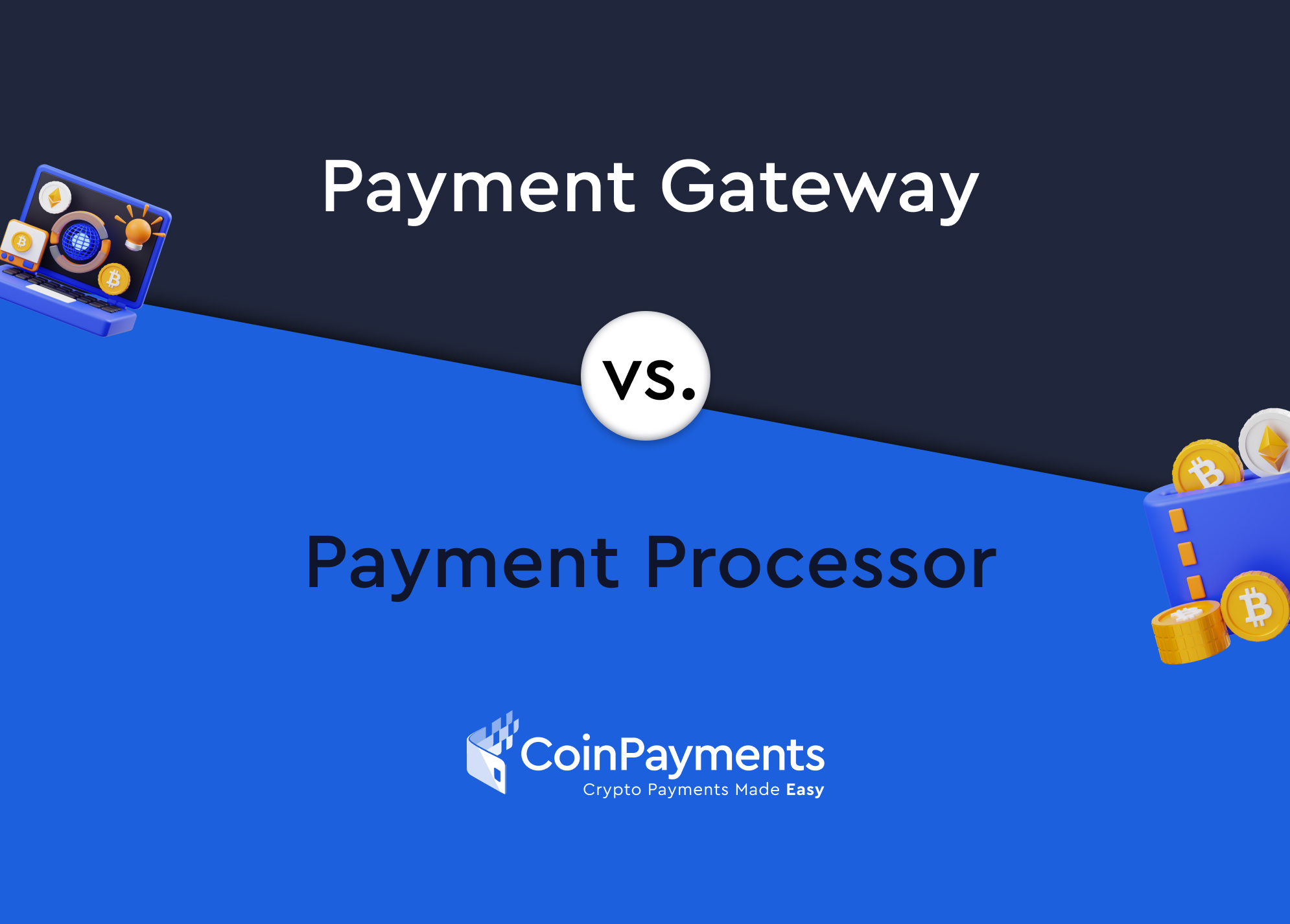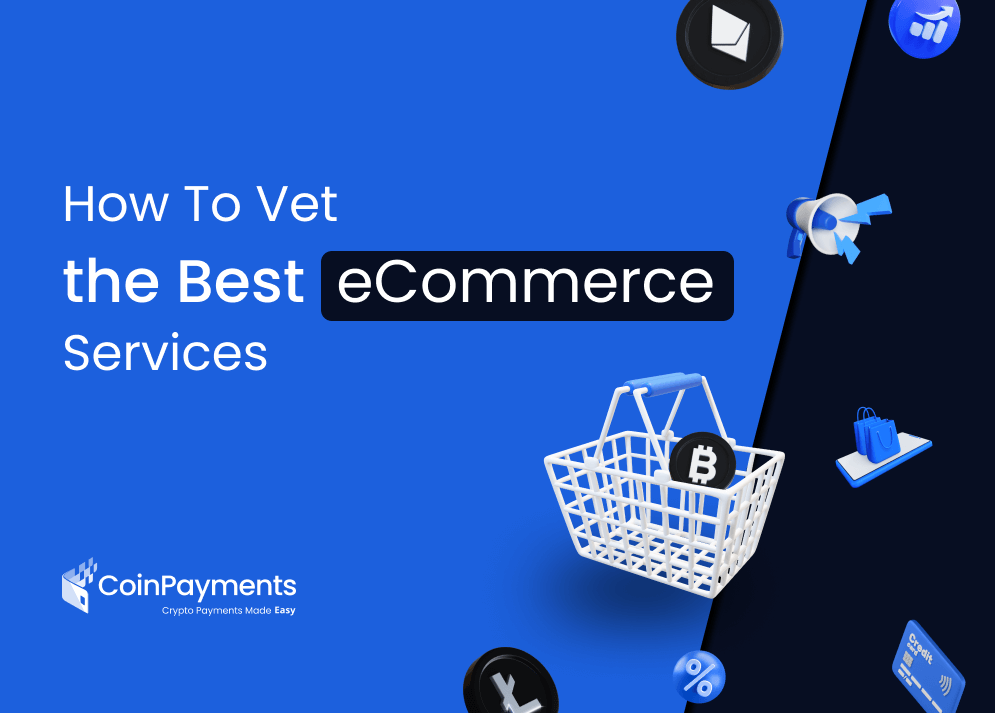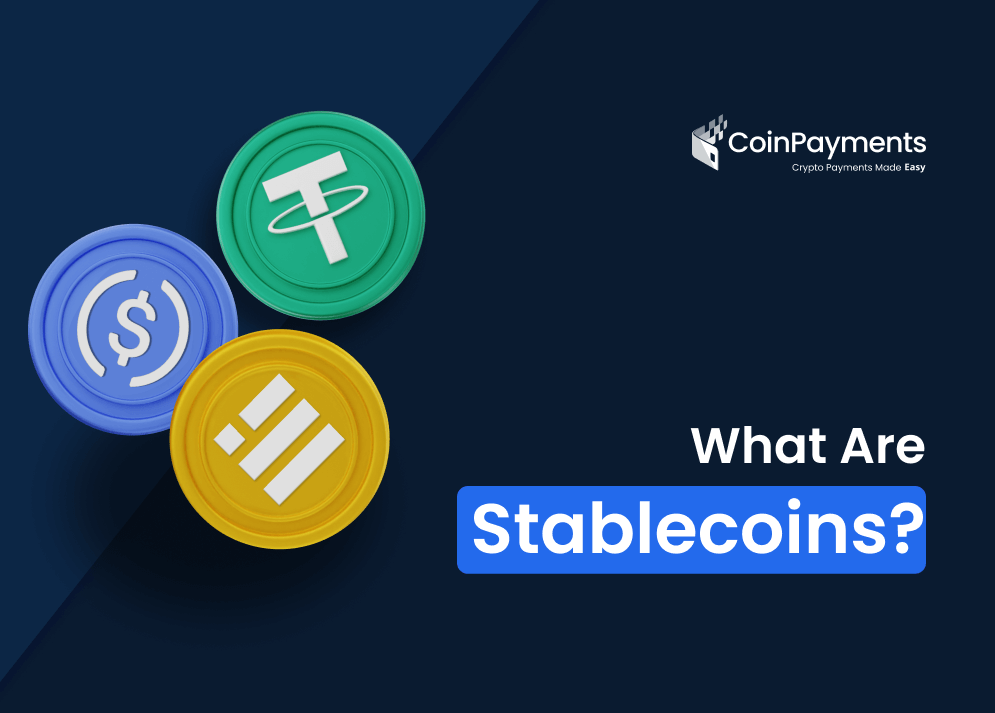
Online transactions are convenient, but keeping them secure and efficient is hard work. Two payment systems – gateways and processors – work behind the scenes to facilitate online purchases for customers and merchants.
When you’re starting a new eCommerce store, you might not know what the difference is between payment gateways vs. payment processors, or whether you need one or both.
Today, let’s compare payment gateways and payment processors in detail and break down why both are important parts of your online store’s checkout system.
What Is a Payment Gateway and How Does It Work?
First, let’s start with a payment gateway since this is the most talked-about when discussing online transactions.
Payment Gateways Explained
A payment gateway is best understood as a digital POS or point-of-sale terminal. When someone makes a credit or debit card transaction in real life, they give their card to a POS terminal, which reads the credit card information and sends the information to a payment processor to confirm things like user identity, available funds, and so on.
Online payment gateways facilitate secure, relatively safe digital transactions where the credit card (and, indeed, both parties) are never seen face-to-face because it gathers the information remotely. Online payment gateways allow customers to put credit card information on a website using a mobile out or a host to check out forms.
In other words, payment gateways are essential for any eCommerce website that accepts credit cards, debit cards, and cryptocurrency payments.
Gathering and transmitting information is the core function of payment gateways. They may also receive information from a payment processor or financial institution.
On the technical side of things, payment gateways securely transmit any online payment data to a payment processor or to a receiving financial institution.
This includes the credit card number, the expiration date, the name of the user, and more.
How a Payment Gateway Works
Let’s get a little more technical with some key terms:
- Payment processor – An entity that can authorize transactions and securely transmit transaction data to clear transactions for merchants and financial institutions. See more below.
- Acquirer – A bank or financial institution that has control of a merchant account and settles an approved transaction.
- Issuer – A bank or financial institution that issues a customer’s credit or debit card or another digital payment method. Does not necessarily apply to cryptocurrency transactions.
- Merchant accounts – Bank accounts that businesses use to accept and process any digital card brand payments using credit or debit cards.
Each of these elements is necessary for a secure digital transaction. So, how exactly does a payment gateway contribute to secure payments? It works like this:
- First, customers give their credit card information or crypto wallet information to an eCommerce site’s checkout page. The checkout page is operated with a payment gateway.
- The payment gateway then takes the information, encrypts it, and sends it to a payment processor.
- The payment processor, in turn, confirms the information’s validity and sends it on to a card brand association (i.e., MasterCard, Discover, American Express, Visa).
- Then the credit card’s issuing bank gets an authorization request. It verifies that the credit or debit card is legitimate and either approves or denies the transaction.
- The payment processor then forwards the response back to the payment gateway. The gateway then sends the information to the eCommerce checkout page to tell the customer whether the transaction was settled or don’t have enough funds to make a purchase.
- If the payment is successful, the merchant then fulfills the order and clears the authorization by repeating the entire process.
You should know that each of these steps takes place in the span of an instant. Even though multiple steps are involved, you and your customers usually don’t notice.
So, bottom line: a payment gateway takes and receives payment information and provides answers to merchants and customers.
What Is a Payment Processor and How Does It Work?
Let’s look at the other major side of things: payment processors:
Payment Processors Explained
A payment processor is an executive system that transmits secure payment data between the four primary parties in an online transaction: the online store owner (you), your customer, the customer’s bank, and your bank or financial institution.
If a payment gateway gathers transaction information, the payment processor takes that information, then sends the information to the customer bank and sends transfer information to your bank if the transaction is successful.
A payment processor is needed to accept multiple payment types, such as credit cards and debit cards or debit cards and cryptocurrencies.
How a Payment Processor Works
A payment processor simply takes up a different space in the transaction sequence than a payment gateway. A payment processor:
- Receives secure card or crypto wallet information from a payment gateway
- Confirms that the information is secure or legitimate
- Sends the information to a credit card issuing organization, bank, or a crypto blockchain depending on the currency used
- Then it receives the information back along with an answer: the transaction is approved or not approved
Technically, eCommerce business owners do not need a payment gateway or payment processor. A payment processor is the only necessary part of the sequence.
Merchants can directly integrate with their payment processor and simply skip using a payment gateway as an intermediary. However, this doesn’t always result in excellent security and may expose your business to fraud.
What’s the Big Difference Between a Payment Gateway vs. a Payment Processor?
Let’s boil things down for even more simplicity. A payment gateway:
- Captures and sends credit card or cryptocurrency data to a payment processor
- Communicates transaction approvals or rejections to both a merchant and a customer
Payment processors:
- Work more behind-the-scenes and securely route transaction data to any involved financial parties, like banks, blockchains, credit unions, credit card issuers, and more.
Both payment gateways and payment processors are important for secure online payments.
They’re also necessary if you want to accept as many forms of currency as possible for your online site (which is always a wise idea.).
How To Tell Whether You Need a Payment Gateway or Payment Processor
Let’s get to the million-dollar question: how can you tell which one you need for your eCommerce store?
Do You Want Extra Fraud Protection?
In this day and age, it’s more important than ever to provide good fraud protection for you and your customers. Otherwise, you could end up in violation of the GDPR, the CCPA, or other legislation that makes it very costly for organizations to misuse or not protect their customers’ data.
The right payment gateway can help to reduce fraud risk by adding additional security to the beginning and end of an online transaction. A payment processor is always secure, but a payment gateway adds even more protection to the mix.
Do You Want Reduced Fees?
On the other hand, cutting out a payment gateway could reduce fees for online transactions. But again, this may not be very wise. If your customers’ data is compromised because of a single bad transaction, you could face high fees, especially if you do international business.
Do You Want Expanded Payment Solutions/Benefits?
Having a payment gateway in addition to a payment processor will give you extra payment solutions and benefits, like the ability to use loyalty cards, gift cards, crypto tokens, and even add new payment methods in the future.
If you have a payment gateway, you can add new ways to pay at your online store, making it even easier for people to spend money at your business.
Ultimately, it’s wiser to have a payment gateway and payment processor, even if it costs a little more to have both.
Consider a Hybrid Solution
You might also consider integrating an all-in-one payment gateway and payment processor solution. This includes everything you need to accept credit and debit cards or cryptocurrency payments, especially if you use a crypto payment gateway like CoinPayments.
A hybrid, all-in-one solution includes:
- eCommerce payment methods, such as checkout tools
- Secure payment systems and encryption
- PCI compliance and fraud protection
- Payment flexibility
CoinPayments is just the ticket. As a combined crypto payment gateway and payment processing service, we allow eCommerce businesses just like yours to accept thousands of different crypto tokens quickly and easily.
With our collection of merchant tools, you can easily set up crypto buttons on your store’s checkout page or even host your cryptocurrency on our site.
Conclusion
All in all, payment gateways and payment processors play integral parts in secure online transactions. When it comes to facilitating multiple payment mediums, keeping your customers’ data safe, and improving your site’s value, you can’t afford to skip gateways in favor of just using processors.
Fortunately, you don’t have to. Whether you’re new to eCommerce business or simply want to add cryptocurrencies to your online store, CoinPayments can help. Signing up for a new account is quick and simple, and we can help you accept crypto tokens on your website in no time. Try it today.



